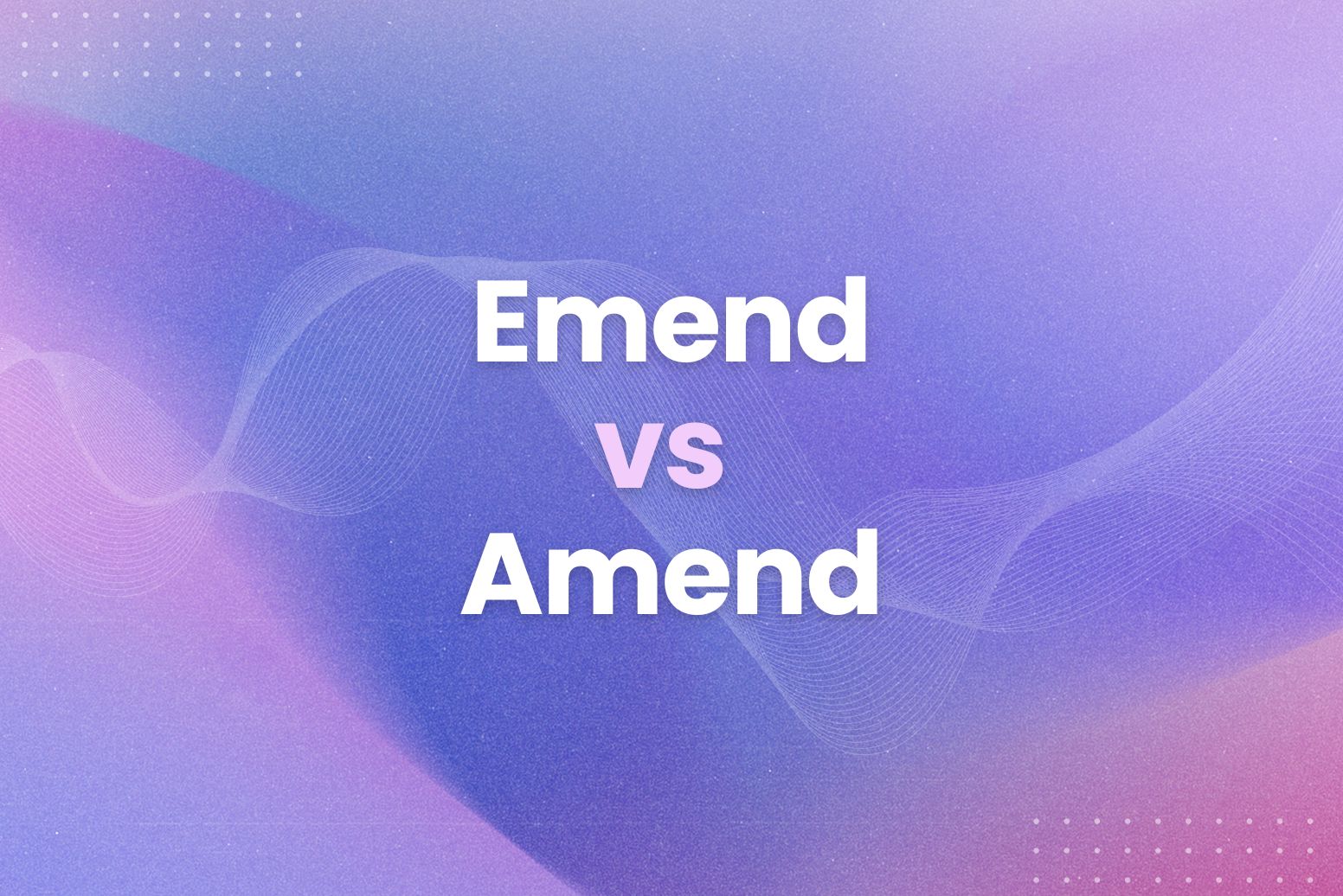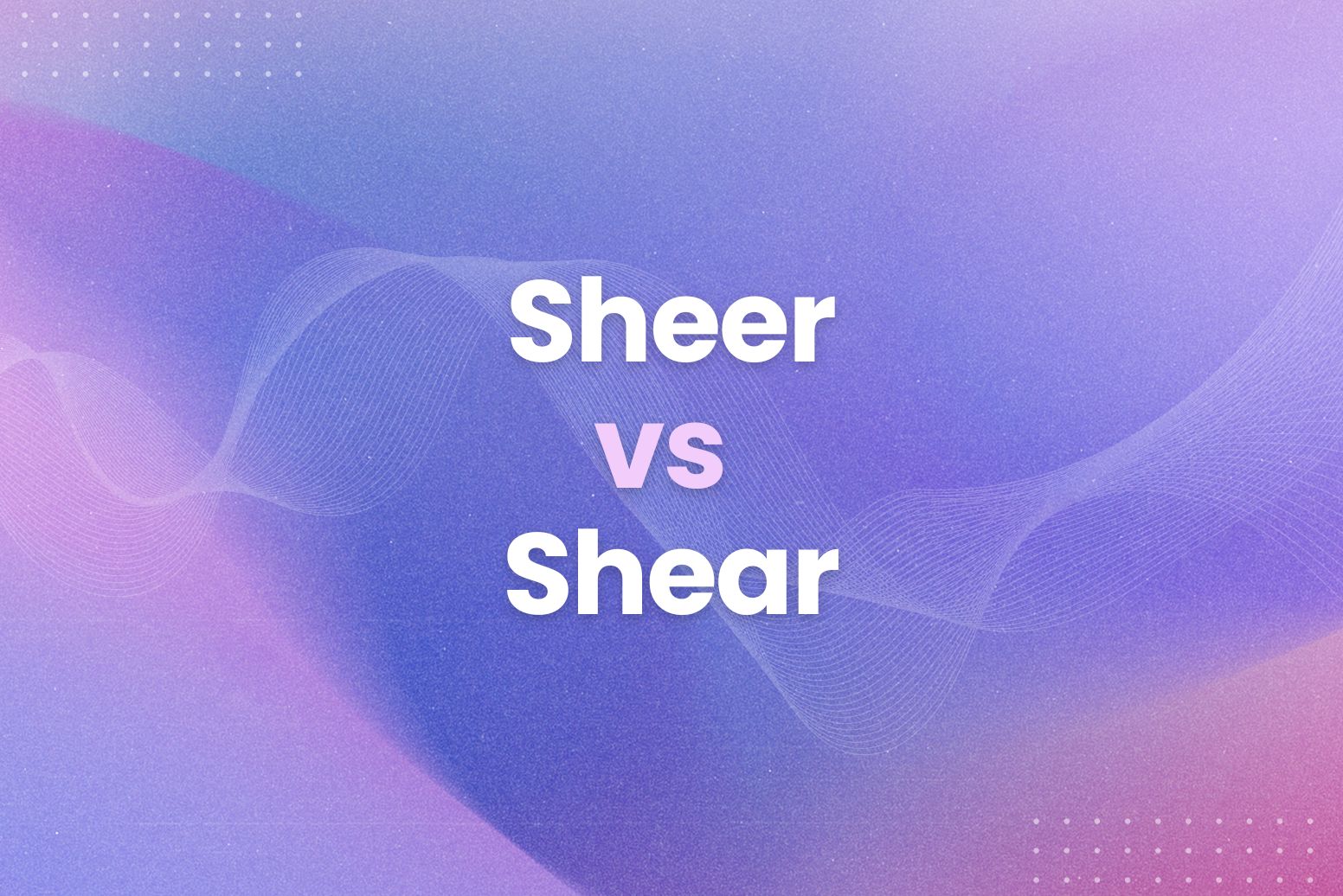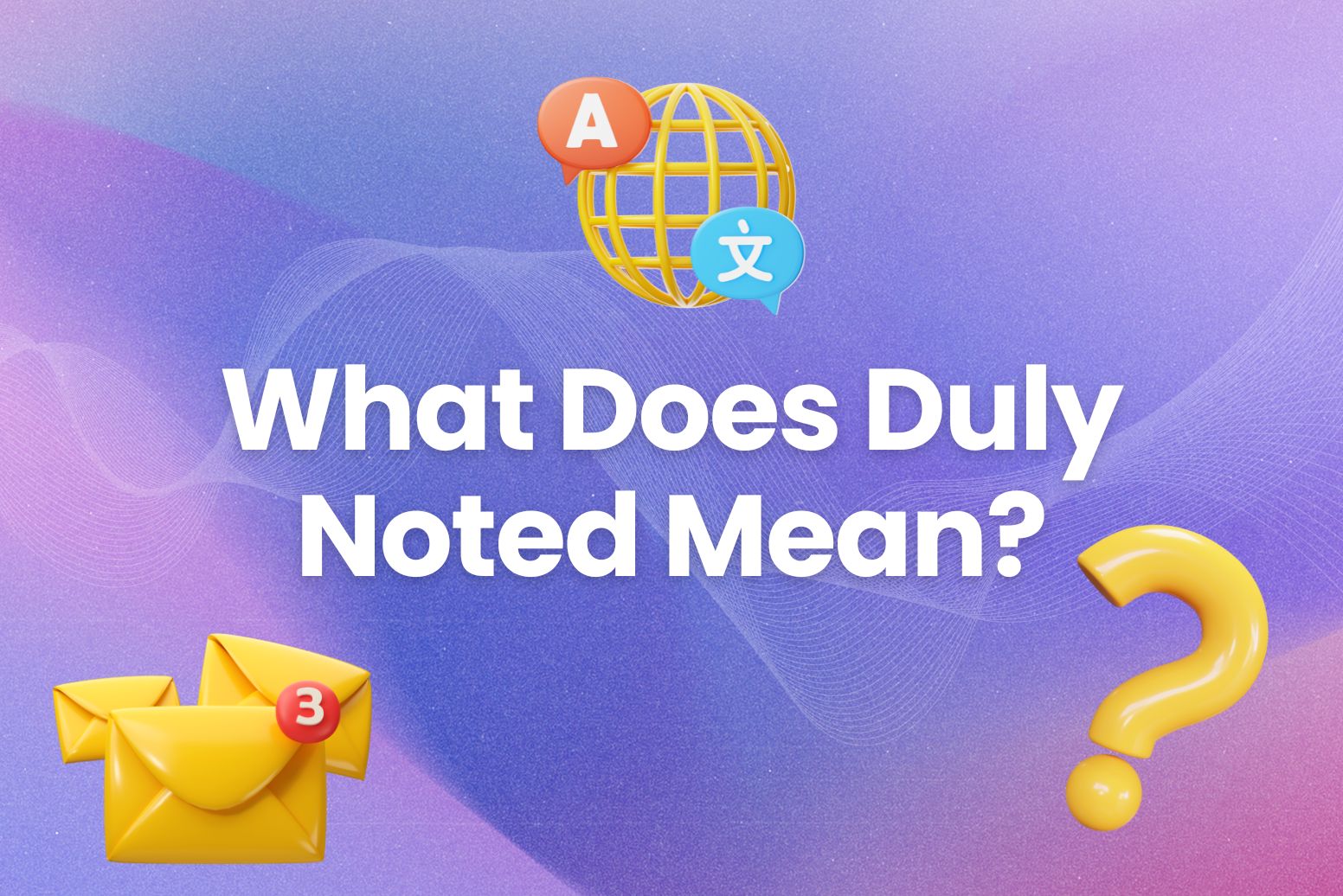Words have power. Using the right word can make all the difference. But what happens when two words seem almost interchangeable? Like impel vs compel. Do you know the subtle distinction? Getting it wrong can weaken your message. We’ll clear up the confusion once and for all.
This guide breaks down the differences between impel vs compel. We’ll show you how to use them correctly. Plus, we’ll give you examples so you can see them in action.
- First of all, definitions of impel and compel
- Then, the key differences between impel vs compel
- Also, when to use each word
- Real-world examples
- Lastly, pro tips for mastering word choice
Now, let’s get started.
Definitions of Impel and Compel
Let’s start with the basics. What do these words actually mean? Knowing the definitions is the first step to using them correctly.
Impel means to drive, force, or urge someone to do something. It often suggests an internal force, like a feeling or a motive. For example, curiosity might impel you to explore a new city. Or, a sense of duty could impel you to help a friend in need. Think of it as an inner push.
Compel, on the other hand, means to force or oblige someone to do something. It usually implies an external force, like a law or a rule. For instance, a contract might compel you to make certain payments. Or, fear of punishment could compel someone to confess. Here, the push comes from the outside.
To sum up, the key difference lies in the source of the force. Impel is internal, while compel is external. This distinction is crucial for choosing the right word.
Key Differences Between Impel vs Compel
Now that we have the definitions, let’s look at the key differences. Understanding these nuances will help you use impel and compel with confidence.
- Source of Force: As we discussed, this is the main difference. Impel comes from within, while compel originates from an outside source. Think internal vs. external.
- Level of Force: Compel often suggests a stronger, more irresistible force than impel. Being compelled implies you have little choice. Being impelled suggests a strong motivation, but perhaps not absolute force. For example, hunger might impel you to eat, but a court order could compel you to pay a fine.
- Context: The context in which you use these words matters. Consider the situation and the specific meaning you want to convey. Is someone being gently nudged or strongly forced? This will guide your word choice.
- Subject: With impel, the subject is often a person or thing with internal motivations. With compel, the subject can also be a system, rule, or circumstance. For instance, “The law compels citizens to pay taxes.”
Using these words correctly shows precision in your language. It demonstrates a strong command of vocabulary. Plus, it makes your writing more impactful. And who doesn’t want that?
When to Use Each Word (Impel vs Compel)
Choosing between impel and compel depends on the specific situation. Ask yourself these questions:
- Is the force internal or external?
- How strong is the force?
- What is the context?
If the force is internal, and the motivation is strong but not absolute, use impel. If the force is external, and the obligation is strong, use compel.
For instance, “A desire for knowledge impelled her to study late.” Here, the force is internal (desire), and while strong, it’s still a choice. Contrast that with, “The contract compelled him to finish the project on time.” In this case, the force is external (the contract), and the obligation is binding.
Real-World Examples
Seeing these words in action can solidify your understanding. Here are some examples:
- Impel: “Curiosity impelled the scientist to conduct more research.” The scientist’s internal drive motivates the action.
- Compel: “Financial difficulties compelled the family to sell their house.” External circumstances force the action.
- Impel: “A sense of justice impelled her to speak out against injustice.” Her internal moral compass drives her.
- Compel: “The evidence compelled the jury to find the defendant guilty.” The weight of the evidence forces their decision.
- Impel: “Love for his children impelled him to work two jobs.” His deep affection serves as the driving force.
- Compel: “The heavy rain compelled them to cancel the outdoor event.” The weather is the external factor that forces the cancellation.
In short, these examples illustrate the subtle yet significant difference between impel and compel. Remember, it’s all about the source and strength of the force. Using the right word adds precision and clarity to your writing.
Pro Tip: When you’re unsure, try substituting a synonym. For impel, think of words like “motivate,” “drive,” or “urge.” For compel, consider “force,” “oblige,” or “require.” This can help you determine the best fit.
And remember, Arvin, the AI browser extension, can be your trusty grammar assistant. Just chat with Arvin on any webpage, and it can provide instant feedback on your word choice. It’s like having a personal editor at your fingertips.
Pro Tips for Mastering Word Choice
Choosing the right word can elevate your writing from good to great. It’s about more than just grammar. It’s about conveying your message with clarity and precision. Here are some pro tips to help you master word choice:
- Read Widely: The more you read, the better you’ll become at recognizing effective word choices. Pay attention to how authors use language to create impact. Notice the subtle nuances between similar words.
- Build Your Vocabulary: A rich vocabulary gives you more options. Learn new words and their meanings. But don’t just memorize definitions. Understand how words are used in context. Use a thesaurus, but use it wisely. Don’t just pick the first synonym you see. Make sure it fits the specific context.
- Consider Your Audience: Who are you writing for? Tailor your language to their level of understanding. Avoid jargon or overly complex words if your audience is general. On the other hand, don’t talk down to your readers.
- Be Specific: Vague language weakens your writing. Choose words that convey your meaning precisely. Instead of saying “a lot,” say “ten,” “dozens,” or “hundreds,” depending on what you mean. The more specific you are, the clearer your message will be.
- Edit Ruthlessly: Don’t be afraid to cut or change words during the editing process. Even the best writers revise their work. Read your writing aloud. This can help you identify awkward phrasing or weak word choices.
- Practice, Practice, Practice: Like any skill, mastering word choice takes practice. The more you write, the better you’ll become at choosing the right words. So, keep writing. Experiment with language. And don’t be afraid to make mistakes. That’s how you learn.
In the end, following these tips can improve your word choice and become a more effective writer. Remember, words are your tools. Use them wisely.
Ready to Level Up Your Writing with Arvin?
The difference between impel vs compel isn’t as complicated as it might seem. It’s all about the source and strength of the force. Keep these distinctions in mind, and you’ll be using these words like a pro in no time.
Here’s a quick recap of what we covered on impel vs compel:
- Firstly, impel refers to an internal driving force.
- Secondly, compel refers to an external driving force.
- Then, the level of force is often stronger with compel.
- Lastly, context is key to choosing the right word.
Now, armed with this knowledge, you can write with greater precision and clarity. And for an extra edge, consider using Arvin. Arvin can be your grammar guru, ensuring your word choices are always on point. It’s like having a second pair of eyes (and a super-smart AI brain) to help you polish your writing. With Arvin, you can focus on your message, knowing the details are handled.
FAQs About Impel vs Compel
Is impel a negative word?
No, impel is not inherently negative. It simply describes a driving force. This force can be positive, negative, or neutral. For example, “Curiosity impelled her to explore” is positive. “Fear impelled him to flee” is more negative. The word itself is neutral; the context determines the connotation.
What is the difference between impel and propel?
While both words suggest movement, there’s a key difference. Impel refers to an internal or external force driving someone. Propel, on the other hand, usually refers to a force that moves something forward. A motor propels a car. Ambition might impel someone to start a business. Thus, propel is more about physical movement.
What is the difference between compel and force?
Compel and force are closely related. However, compel often implies a more subtle or indirect form of force. Force can be more direct and physical. For instance, you might force a door open. But you would say a sense of duty compelled you to help a stranger. In short, compel is generally less physical and more about obligation or necessity.
How do you use the word impel?
Impel is typically followed by an infinitive verb (to + verb). For example: “A desire for adventure impelled him to travel the world.” You can also use it with a prepositional phrase, though this is less common. For example: “His conscience impelled him toward honesty.” Therefore, remember the infinitive structure for the most common usage.






